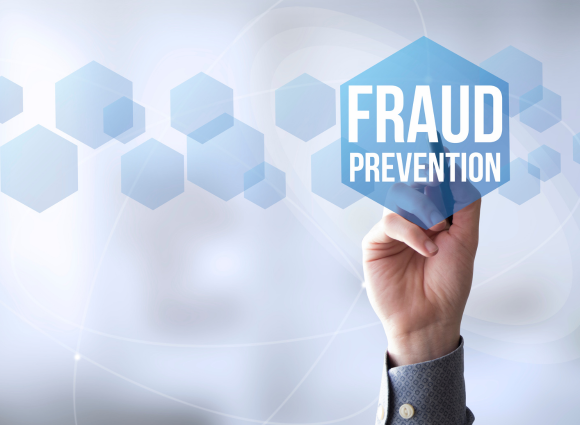
How to Avoid Social Media Scams
How many dogs do you have? What is your favorite car color? What is your best friend’s name ? These may seem like innocent questions in a quiz on social media, but it is very easy for the answers to these questions to be compiled and used to locate you or other information about you.
How does the scam work?
Quizzes have become popular on Facebook and seem harmless. However, questions like “What street did you grow up on?” and “What was your first grade teacher’s name?” are common questions for bank accounts or other financial accounts. Cyber criminals create fake quizzes and use the personal information gathered to steal your identity, log into your accounts, or sell the data to other cyber criminals. Not all quizzes on social media are set up to collect data for scammers, however the Better Business Bureau asks users to check their security settings of all profiles and accounts, and be cautious of the information you are giving by answering these questions.
Five Tips for Avoiding Social Media Scams:
• Question it: Before taking a quiz, find out who made it and determine if it is a trustworthy brand.
• Change privacy settings: Look at your account’s privacy settings and be cautious about any shared information and who it is shared with.
• Omit personal details: Don’t intentionally – or accidentally – share any personal information such as your home address or phone number.
• Avoid giving answers to common security questions: Think about the common types of security questions and avoid giving those answers in quizzes online. These include things like mother’s maiden name, the street you grew up on, any teacher’s name, favorite foods, names of any school you attended, etc.
• Friend request review: There are three types of friend requests you can receive; People you know, people you don’t know, and duplicate friend requests from someone you are already connected with. Be suspicious of the last two. The duplicate profile is likely someone impersonating a friend to gain access to your data and friends list.
Social media is designed to be casual and fun, but always be wary of cyber criminals who use it to their advantage.



